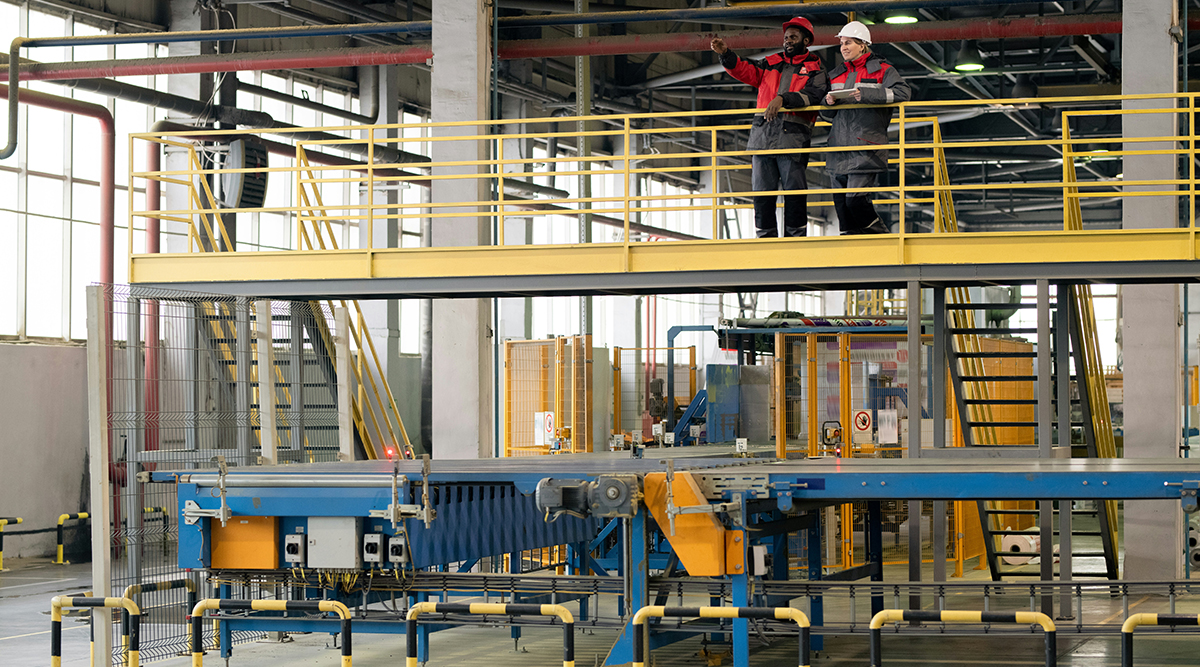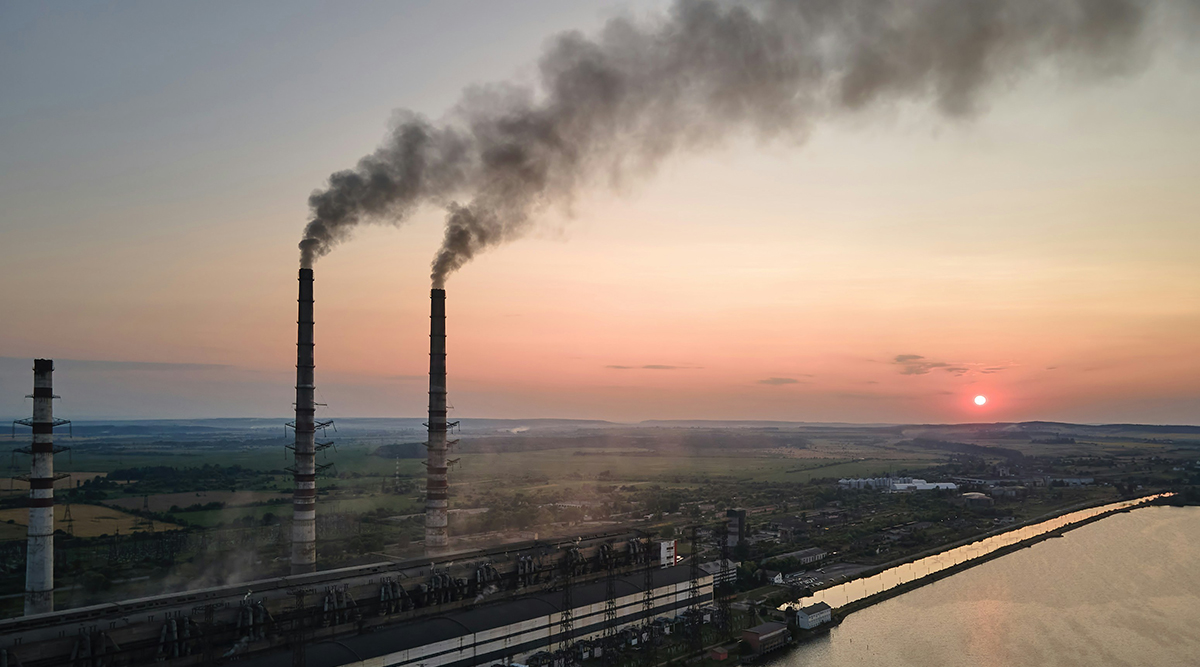by KenBay | Jun 6, 2024

Managing hazardous waste is a critical aspect of environmental protection and public health. This article explores the guidelines and regulations for managing hazardous waste, focusing on key aspects such as waste classification, generator status, tracking, consolidation, and disposal. Finally, we let you know how KenBay’s line of RotoPac industrial trash compactors can help your company dispose of its hazardous waste materials both efficiently, economically and legally.
(more…)
by KenBay | May 13, 2024

In today’s industrial landscape, the effective management of waste has become an increasingly critical concern. As environmental consciousness grows and regulations tighten, businesses are compelled to adopt innovative solutions to handle their waste responsibly. Industrial trash compactors emerge as a vital tool in this endeavor, offering a myriad of benefits ranging from environmental sustainability to cost efficiency. This blog post explores why organizations opt for industrial trash compactors and delves into the industries that stand to benefit the most from these intelligent waste management solutions. Finally, it demonstrates that KenBay RotoPacs, which have been around for over 20 years, are a great solution to any of these compacting needs.
(more…)
by KenBay | Apr 12, 2024

The Evolution of Recycling and Waste Management Laws: A Comprehensive Overview
Recycling and waste management are critical components of environmental stewardship. As our understanding of sustainability grows, so do the laws and regulations governing these practices. In recent years, several states in the United States have implemented significant changes to their recycling, waste, and organics management laws. This blog post explores these developments, highlighting key points and examining how companies like KenBay, with their efficient commercial trash compactors, can contribute to a greener future.
(more…)
by KenBay | Mar 4, 2024

In today’s rapidly evolving industrial landscape, the need for innovative waste management solutions has never been more pressing. As we strive for greater sustainability and efficiency, companies like KenBay are leading the charge with their revolutionary RotoPac hydraulic compactor, proudly manufactured right here in North America. Let’s delve into how this cutting-edge equipment is not only transforming waste disposal but also bolstering American manufacturing.
(more…)
by KenBay | Feb 15, 2024

In the dynamic landscape of manufacturing, efficiency reigns supreme. As industries evolve, so do the technologies driving them forward. Today, we find ourselves amidst the era of Industry 4.0, a period marked by digital transformation and unprecedented connectivity. In this blog post, we delve into the pivotal role of equipment innovations, particularly in industrial waste removal, and how they optimize factory efficiency while promoting sustainability.
(more…)
by KenBay | Jan 23, 2024

In the dynamic landscape of modern manufacturing, the mantra of “Reduce, Reuse, Recycle” is more than just a catchphrase – it’s a strategic approach that can revolutionize industrial processes. By incorporating these principles, manufacturers not only contribute to environmental sustainability but also stand to significantly reduce costs associated with industrial waste. In this article, we will explore creative ways manufacturers can implement the 3R’s to enhance their practices and make a positive impact on both their bottom line and the planet.
(more…)
by KenBay | Dec 11, 2023

The increasing global population and industrial activities have led to a surge in waste generation, posing significant challenges to environmental sustainability. Traditional waste disposal methods, characterized by landfills and incineration, have been a major contributor to environmental degradation. The following explores the environmental impact of these conventional methods and sheds light on how industrial trash compactors offer a sustainable solution to mitigate these issues.
(more…)
by KenBay | Nov 11, 2023

In the modern business landscape, efficiency, cost-effectiveness, and sustainability are paramount. An often overlooked yet critical component of achieving these goals is waste management. Industrial trash compactors can play a vital role in helping your business stay strong and competitive by addressing key aspects such as:
(more…)
by KenBay | Oct 11, 2023

Industrial waste management is a critical concern for businesses across the United States. In addition to federal regulations, every state has its own set of rules governing the disposal and management of industrial waste. These regulations are crucial to ensure the safe and environmentally responsible handling of waste generated by industrial processes. Understanding and complying with industrial waste state regulations is essential to avoid potential legal issues, maintain a safe workplace, and protect the environment.
(more…)
by KenBay | Sep 11, 2023

In today’s rapidly evolving industrial landscape, ensuring the safety and well-being of your staff should be a top priority. One crucial aspect of this ever-changing dynamic is creating and maintaining awareness about the proper handling and disposal of hazardous waste. Hazardous waste poses significant risks to human health, the ecological environment, and can result in legal and financial consequences if mishandled. In order to safeguard your employees and your business, it’s essential to establish and promote safety standards in the workplace. This article explores the importance of staff safety awareness regarding hazardous waste and offers guidance on achieving it effectively.
(more…)












